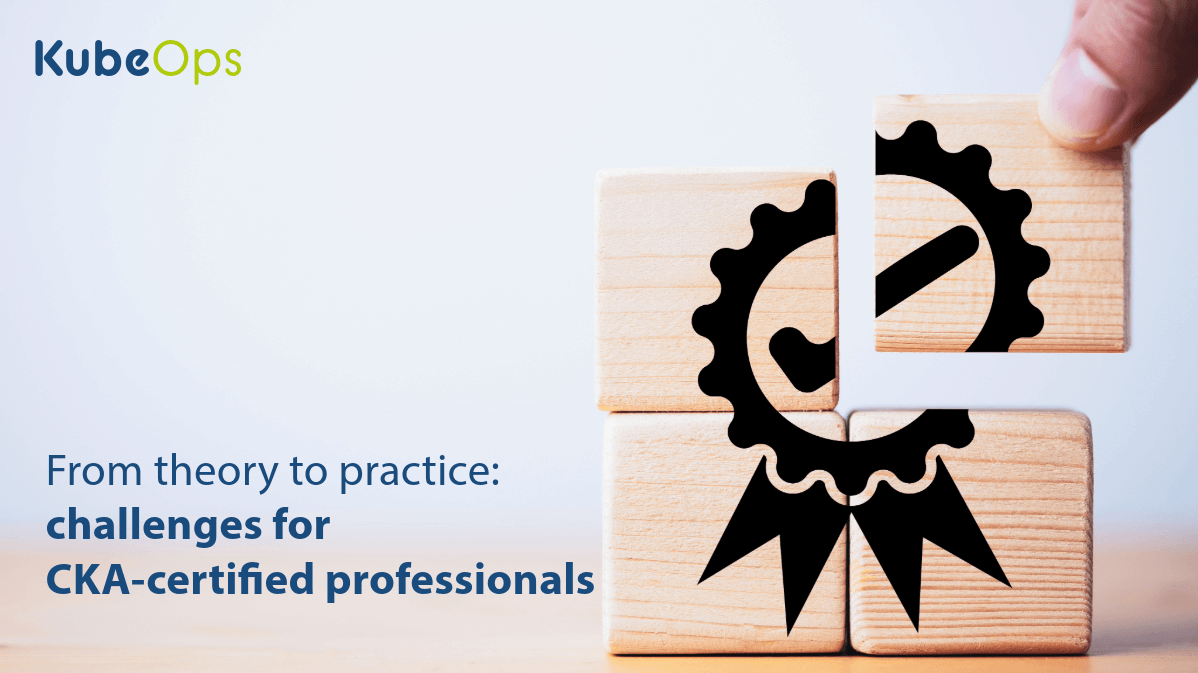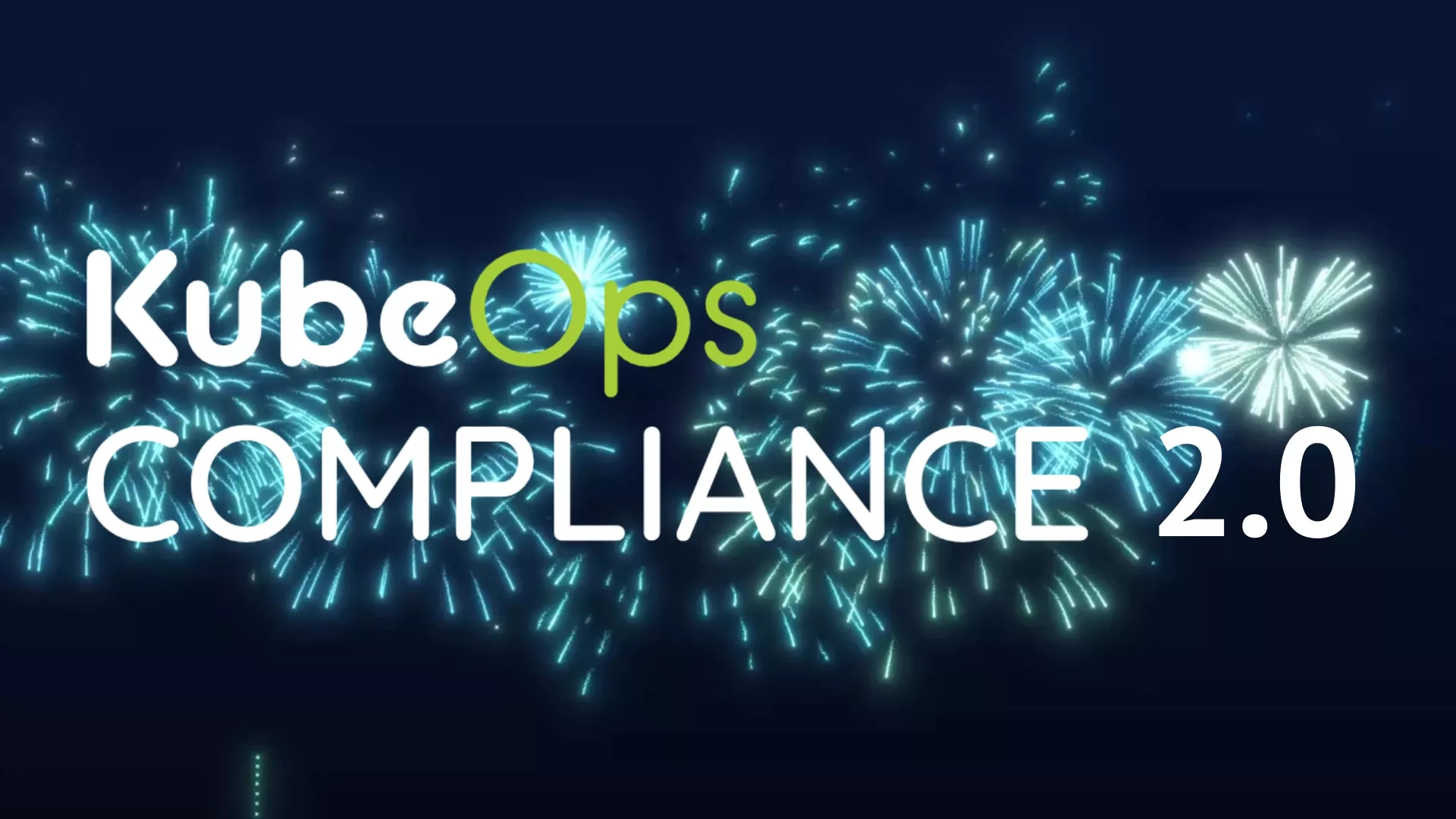Blogs
From theory to practice: challenges for CKA-certified professionals

The Certified Kubernetes Administrator (CKA) exam is considered the benchmark for the skills of Kubernetes professionals. But when dealing with Kubernetes in practice, it quickly becomes clear that the exam environment and real production environments often diverge. This post highlights several aspects where the CKA exam may not cover all the requirements and challenges that Kubernetes administrators face in the real world.
1. Exam focus vs. real-world complexity:
The CKA exam focuses on specific tasks in a limited environment. However, in practice, Kubernetes implementations are often more complex and require more than what the exam covers. Starting with configurations for high availability, scalability, security, to advanced scenarios such as complex RBAC policies.
2. Theoretical knowledge vs. practical implementation:
The CKA exam tests theoretical knowledge of Kubernetes concepts, but in practice, what counts is the effective application of this knowledge. The configuration of services, labels for pods, and the correct use of affinity and anti-affinity are essential. However, these practical scenarios are not sufficiently covered in the audit alone. The topic of "static pods" is also little or hardly discussed. However, this is fundamental for the secure operation of a Kubernetes cluster.
3. Interaction with other technologies:
In practice, Kubernetes administrators often need to interact with other technologies, which is not covered in detail in the CKA exam. An example of this is the integration of CI/CD systems, monitoring tools, logging platforms and cloud services. Rook-Ceph integration for storage management is an area that is often neglected in the audit.
4. Project management and best practices:
While the CKA exam assesses technical knowledge, there is a lack of focus on project management skills and best practices. Planning, documentation, and collaboration with team members are crucial in practice. Security and scalability best practices must also be considered.
5. Problem solving and troubleshooting:
Unexpected problems and errors are common in practice and require deep understanding and experience. The CKA exam alone does not provide enough space to address challenges such as upgrades to Kubernetes or errors in the integration of different applications. Especially with upgrades, there can be big problems up to the destruction of the cluster. Also operational questions such as "How can I safely update an HA cluster with 100 nodes?" without generating too much network traffic.
6. Exam focus:
The CKA exam is designed to assess your knowledge of Kubernetes cluster management. However, this does not always reflect the complexity of real-world production environments, which go far beyond the tasks covered in the exam.
7. Kubernetes ecosystem and tools:
A comprehensive understanding of tools and services in the Kubernetes ecosystem, including Helm, Prometheus, Grafana, Calico, and Istio, is critical. The correct use of "kubectl" is also important for practice. For this purpose, the KubeOps Academy has developed an extensive cheat sheet, which is also made available free of charge in the training courses. This "thinking outside the box" is often neglected in the CKA exam, while practice-oriented training courses such as those offered by the KubeOps Academy aim to do just that.
Conclusion:
The CKA exam is an important step in validating Kubernetes skills, but it cannot cover all aspects and complexities of practice. A combination of certification, hands-on experience, education, and a willingness to take on complex challenges is critical to successfully working with Kubernetes in real-world scenarios. KubeOps Academy's hands-on courses provide more comprehensive preparation by emphasizing practical application and integration with other technologies.

